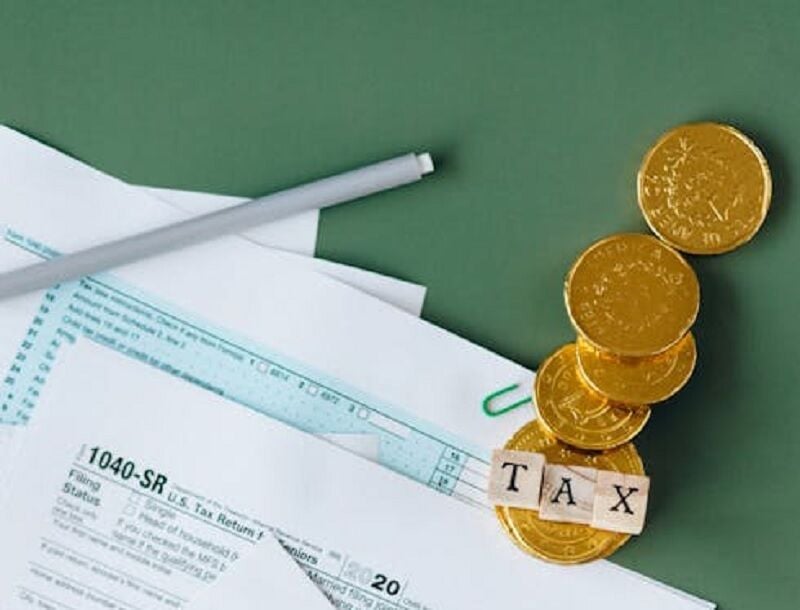Local governments digging deep into land tax challenges

Local governments face a significant challenge in evaluating underutilised land plots to determine the appropriate tax burden under the land and building tax, according to finance permanent secretary Lavaron Sangsnit.
Lavaron noted that the tax law, effective for five years, is currently under review for potential amendments. A key issue under scrutiny is the enforcement and interpretation of land utilisation.
One contentious example is the planting of lime trees in Silom district, known for having the priciest real estate in the nation, said Lavaron.
“Local administrators claim limes can be grown in Silom. I disagree. This is not as it should be. In this instance, I think it’s reasonable to impose taxes at the rate applicable to unused land rather than the agricultural land tax rate.”
Any discretionary judgements, according to Lavaron, would likely be implemented in highly developed areas like Bangkok and Pattaya first.
The Finance Ministry recently concluded a period for public feedback on the land and building tax application, collecting opinions from over 500 individuals.
Currently, the tax rates applied are reference rates set by the government for local administrations to collect, considered as minimum rates. Local administrations can increase but not lower, these rates.
Lavaron stressed that local administrative organisations are permitted to raise tax rates to fund local development projects related to essential services like electricity, water supply, or roads.
He added that this aspect of the law is considered contemporary.
The ministry is also examining criteria for green areas to qualify for land and building tax exemptions. Landowners can convert unused land into public gardens to receive tax exemptions.
Another potential exemption involves developing land into public parks or forest parks, provided clear criteria are established.
Lavaron explained that one final option to avoid taxes involves landowners allowing local administrative organisations to utilise an exemption.
For fiscal 2024, the estimated revenue from land and building taxes is 40 billion baht, marking an increase of 3.7 billion from the previous fiscal year. This rise in revenue could potentially eliminate the need to raise average tax rates, reported Bangkok Post.
Latest Thailand News
Follow The Thaiger on Google News:


























